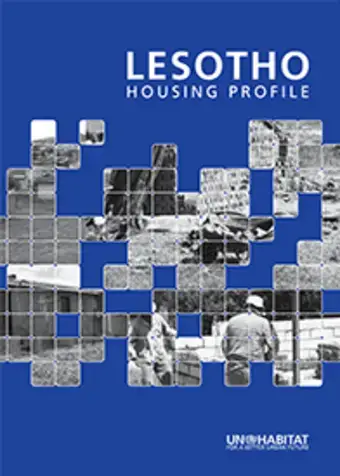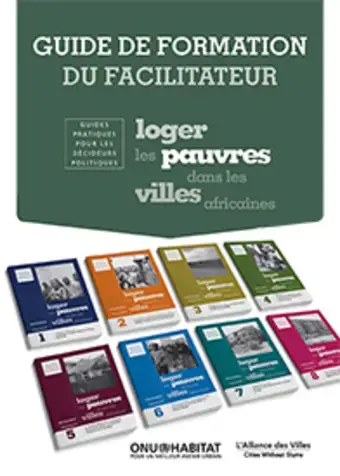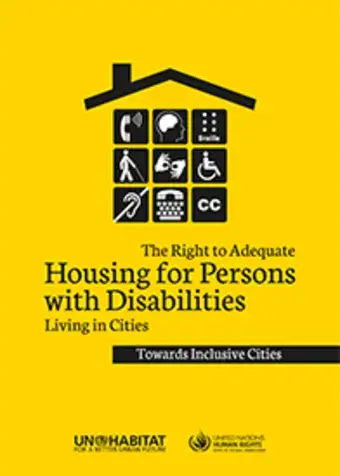Berlin, 04 July 2017-- In order to address the rising tide of refugees and migrants over the years, UN-Habitat co-launched the Mediterranean City-to-City Migration (MC2CM) project that brings together experts and cities to contribute towards improved migration governance at city level, including migrants' access to housing, basic services and human rights.
Benchmarking sustainability and building resilience to natural disasters
 22 January, 2016 - The April 2015 earthquake in Nepal was another reminder of the devastating consequences of natural disasters and their impact on lives.
22 January, 2016 - The April 2015 earthquake in Nepal was another reminder of the devastating consequences of natural disasters and their impact on lives.
First Arab Ministerial Forum for Housing and Urban Development launched in Cairo
 Cairo, 21 December 2015 –The first Arab Ministerial Forum for Housing and Urban Development (AMFHUD) which was launched yesterday has brought together 15 high level ministerial delegations, representatives of national and regional organisations, private sector as
Cairo, 21 December 2015 –The first Arab Ministerial Forum for Housing and Urban Development (AMFHUD) which was launched yesterday has brought together 15 high level ministerial delegations, representatives of national and regional organisations, private sector as
 Urban indicators are regularly collected in a sample of cities worldwide in order to report on progress in the twenty key areas of the Habitat Agenda at the city level. Data collection is conducted through local and national urban observatories as well as through selected regional institutions.
Urban indicators are regularly collected in a sample of cities worldwide in order to report on progress in the twenty key areas of the Habitat Agenda at the city level. Data collection is conducted through local and national urban observatories as well as through selected regional institutions.



